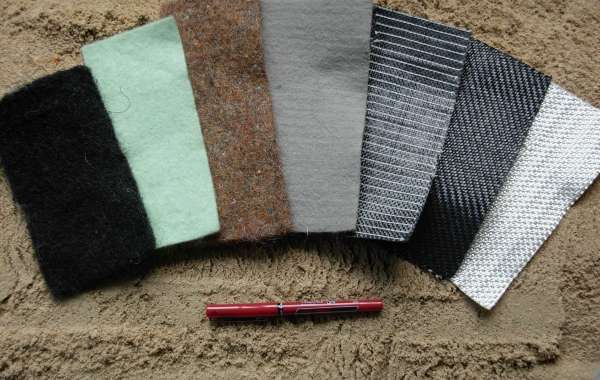This technology has not yet gained much attention in India, but it is widely used in many countries for the construction of bridges, roads, railway tracks to improve its strength. Many researchers believe that this technology is not newly developed, but has been used for thousands of years.
Creation of geotextiles
Geotextiles can be made of synthetic fibers, natural fibers or a combination of both. In the past, geotextiles were made from natural plant fibers, while today they are usually made from synthetic polymers such as polyester, polypropylene (PP), polyamides (PA) and polyamides (PA). Geotextiles made from natural fibers are less durable as they degrade over time.
The choice of molding depends on the desired properties and the service life over which it is used. For example, natural fiber geotextiles are used for anti-erosion mats where durability is not a critical factor.
Geotextile based on natural fibers
Natural fibers such as jute and Bird’s Nest Pad coir have special uses. These different fibers degrade at different rates. Coir geotextiles will decompose in 2 to 3 years, while jute will decompose in 1 to 2 years. Because of this property, coir is used in situations where vegetation takes longer to establish, and jute is used in low-rainfall areas because it can absorb more moisture. It is also used for rural unpaved roads.






